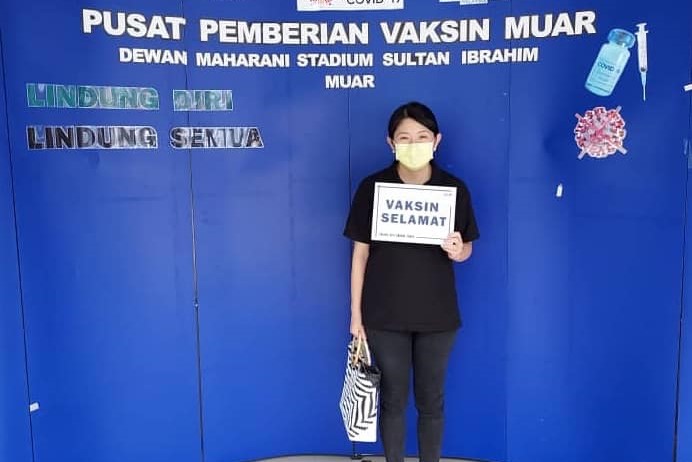KUALA LUMPUR, May 14 — Former minister Yeo Bee Yin today urged the government to clarify which types of Covid-19 vaccines are suitable for pregnant women.
The former energy, science, technology, environment and climate change minister pointed out in a statement that many pregnant women are considering signing up for the AstraZeneca-Oxford vaccine when the next opt-in programme is opened, instead of waiting for their turn in Phase Three of the National Covid-19 Immunisation Programme (PICK) for the general public.
“The government must collect clinical data and confirm which type of vaccines are suitable for pregnant ladies and communicate that,” Yeo, who is Bakri MP, told CodeBlue today when contacted.
News portal Malaysiakini had updated its article yesterday with additional information on the Ministry of Health’s (MOH) clinical guidelines for AstraZeneca’s coronavirus vaccine dated May 3 that listed pregnancy as a current contraindication “until more data is made available”. A contraindication is a situation when a drug should not be used because it may be harmful.
MOH also noted that since breastfeeding women were excluded from Phase Three trials for AstraZeneca’s vaccine, “there is currently no data on the safety and efficacy of Covid-19 vaccines in lactating individuals or the effects of Covid-19 vaccines on the breastfed infant or milk production.”
Yeo said in response that the “government should be clear, give warning to pregnant ladies, not let the media find guidelines and tell the public”.
The United Kingdom’s Royal College of Obstetricians and Gynaecologists (RCOG) noted that the Joint Committee on Vaccination and Immunisation (JCVI), in advice published last April 16, has advised that it is preferable for pregnant women in the UK to be offered the mRNA vaccines — Pfizer-BioNTech or Moderna — where available.
“This is because these vaccines have been given to around 90,000 pregnant women in the United States and the data have not raised any safety concerns,” said RCOG.
“There are no reported concerns with the AstraZeneca vaccine in pregnancy, but there is less experience in pregnancy with this vaccine than with the Pfizer and Moderna vaccines, which has led to the JCVI recommending a preference for Pfizer-BioNTech or Moderna.”
Malaysia’s MOH also does not recommend Sinovac’s coronavirus vaccine for pregnant or breastfeeding women, in its clinical guidelines on Covid-19 vaccination published April 13.
As for the Pfizer vaccine, MOH urged pregnant women, or those who are planning to get pregnant, to discuss with their health care provider about the risks and benefits of the jab.
“Decisions for vaccination may be based on the risk of exposure to Covid-19 infection (e.g., frontliners) and the risk of getting severe disease (e.g., high risk with co-morbidities),” said MOH’s clinical guidelines.
MOH recommended vaccination with Pfizer’s Covid-19 vaccine at between 14 and 33 weeks of gestation for pregnant women.
The Pfizer vaccine is also recommended for breastfeeding mothers who face high exposure to Covid-19 infection, such as frontline workers or those with underlying health conditions who are at risk of getting severe Covid-19 disease. MOH guidelines say there is no need to discontinue breastfeeding for any period after vaccination.
When asked if the government should open up a separate opt-in stream with the Pfizer vaccine for pregnant women, Yeo said: “This should be decided by the government on which type and how to administer.”
The DAP lawmaker had received last May 9 the Pfizer vaccine under Phase One of PICK for frontline workers. So far, Malaysia’s drug regulators have only approved Covid-19 vaccines by Pfizer, AstraZeneca, and Sinovac.








